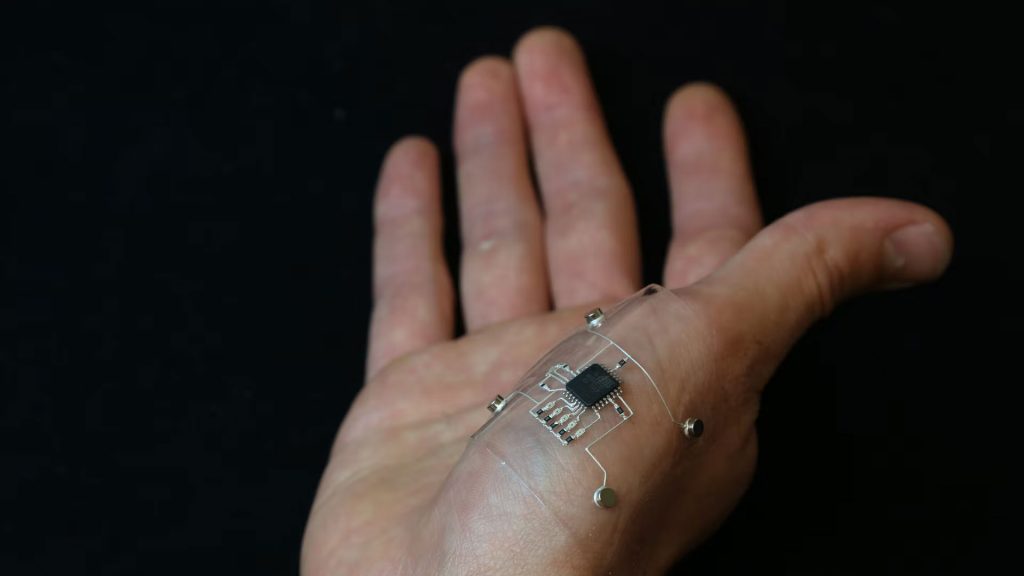Study of patients prescribed wearables found that the majority experienced improved health, quality of life, and quality of care
Advancements in wearable devices are allowing patients—and their doctors—to make more informed health decisions. To understand their effectiveness, Software Advice surveyed nearly 500 U.S. patients who currently use medically-prescribed wearable devices. A resounding 86% of surveyed patients agreed that their devices improved their health and quality of life, and enabled their doctors to provide a higher quality of care.
Patients found that commercial devices such as Apple Watch, Fitbit, and Oura Smart Ring were easier to use versus medically-prescribed devices (43% vs. 9%). Additionally, 15% of surveyed patients said their device gave them the ability to receive remote care, indicating a huge area for growth, especially for rural patients. The universal adoption and accessibility of wearable technology across the U.S. has opened the door for patients who may lack immediate access to healthcare facilities.
“Wearable devices are a modern marvel that give actionable health insights to patients and doctors,” said Lisa Hedges, associate principal medical analyst for Software Advice. “Patients cited invaluable awareness of their specific health issues, thus creating incentive to make conscious lifestyle changes and increase proactivity on medication management.”
One major drawback Software Advice found was that a majority of patients (87%) have, at some point, recorded inaccurate data with their medical devices. This resulted in over half of patients (65%) having to contact their doctor’s office to correct the issue. When asked what caused the inaccurate data, 85% said it had to do with device usability, revealing a need for UI/UX progress.
Other areas for improvement include solving issues related to cost, security vulnerabilities, and tech support. Some insurance providers will not cover wearable devices, forcing the patient to make a significant monetary investment. Additionally, privacy protections created by HIPAA do not currently extend to data generated or stored by commercial wearables.
Read the full survey and analysis on Software Advice. Medical providers can also explore EHR/EMR software that work with wearables to help improve patient outcomes at their practice.


